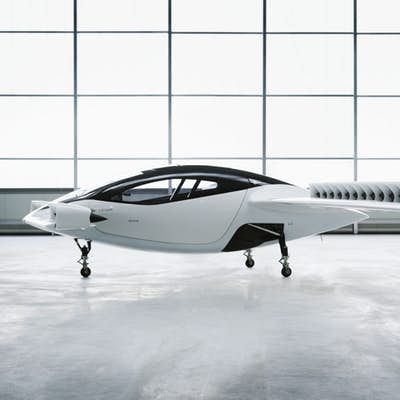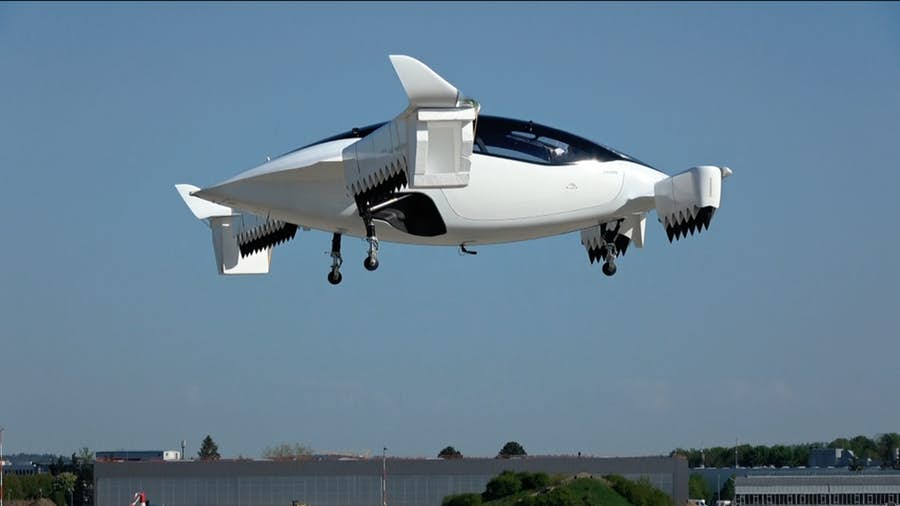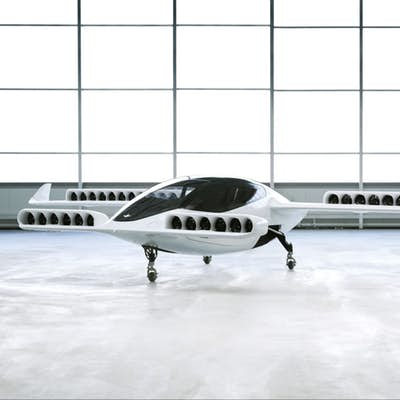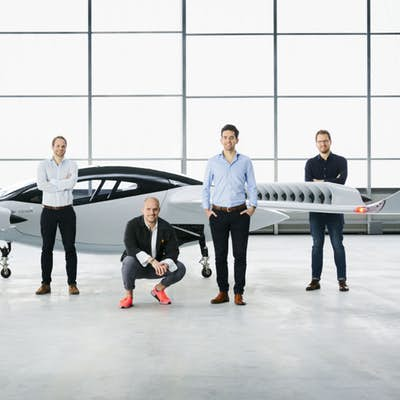Lilium is a startup in the air field born in 2016 with great ambitions and the plans of a 5-seater electric jet capable of taking off vertically: 3 years after its birth, the milestone is closer and closer with the first flight of a full-size prototype.
Born from a business incubator of the European Space Agency, the German Lilium has one of the possible clean and silent answers to the problems of urban congestion: these aircraft can form the backbone of a fleet of urban air taxis that can be booked from a smartphone with an app and are totally autonomous.
The Lilium jet can adopt the same solutions as a system based on car sharing: thanks to its characteristics it can land and take off in very small points scattered throughout the city and suburbs, covering urban or extra-urban journeys that would take an hour in just 5 minutes.

Respectful endowment
With a special retractable engine used for landings, fly-by-the-wire controls and 36 small jet engines, the Lilium can take off in tight spaces with the ease of a hovercraft and then transition to “horizontal” flight at 300km per hour for a range of 300 kilometers: how to say from Naples to Rome in just over 30 minutes.
With a first prototype from 2017, Lilium showed a two-seater aircraft that attracted curiosity and investments for about 90 million euros: today the prototype in its final configuration flies remotely driven taking off and landing to perfection.
The company plans to deploy its air taxi fleets by 2025, with a cost per trip (I'm skeptical here) comparable to that of a current rubber taxi.
“I dream of a world in which anyone can fly wherever and however they want,” says Daniel Wiegand, co-founder and CEO of Lilium. “We have invested an enormous amount of economic and mental energy to design an aircraft that allows this, and ours is safe, silent and environmentally sustainable.”







